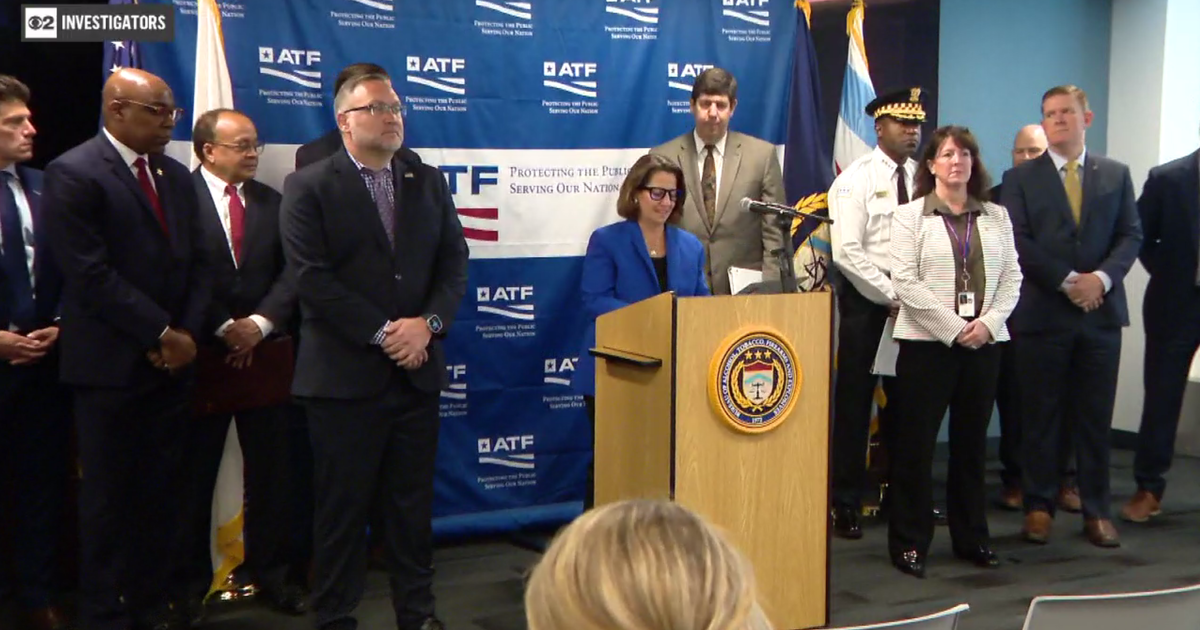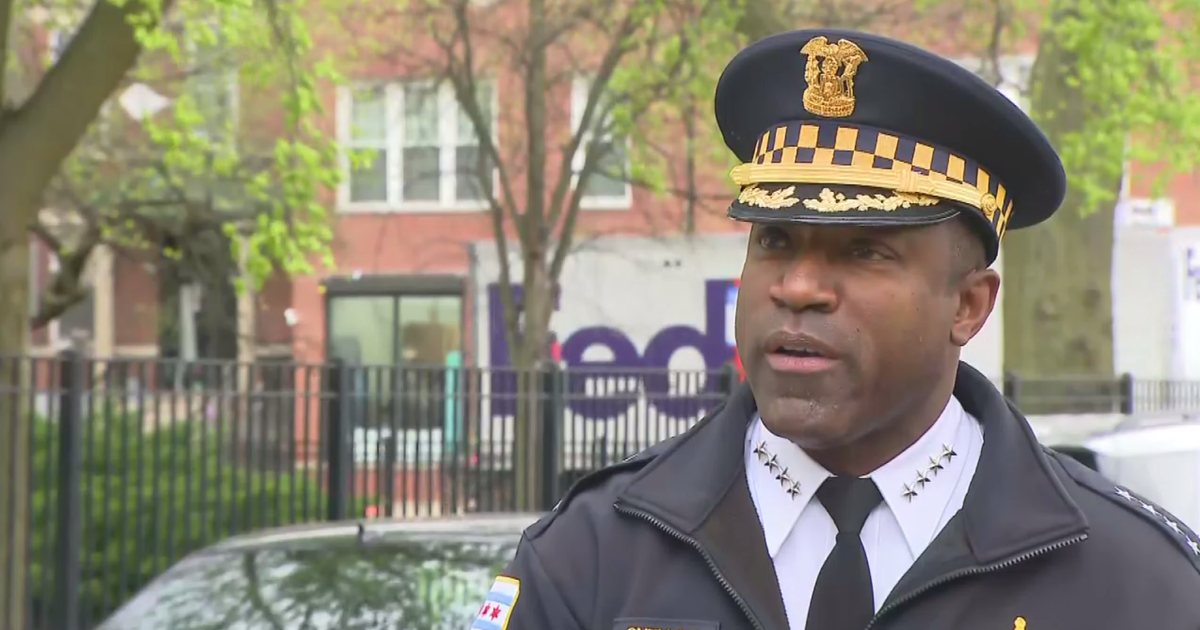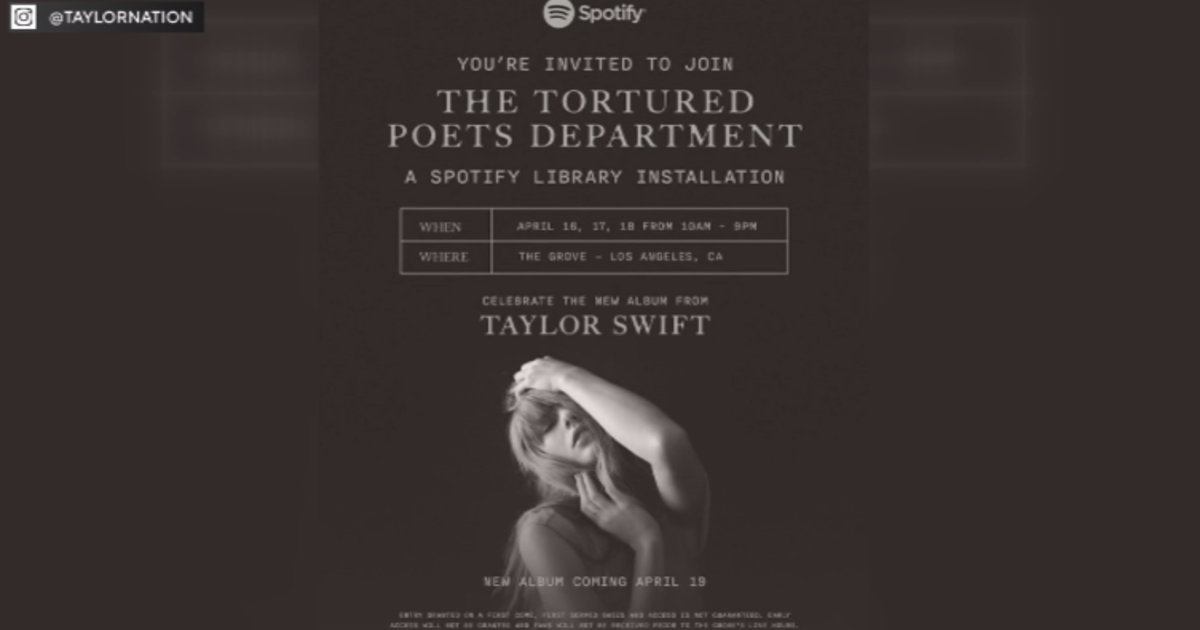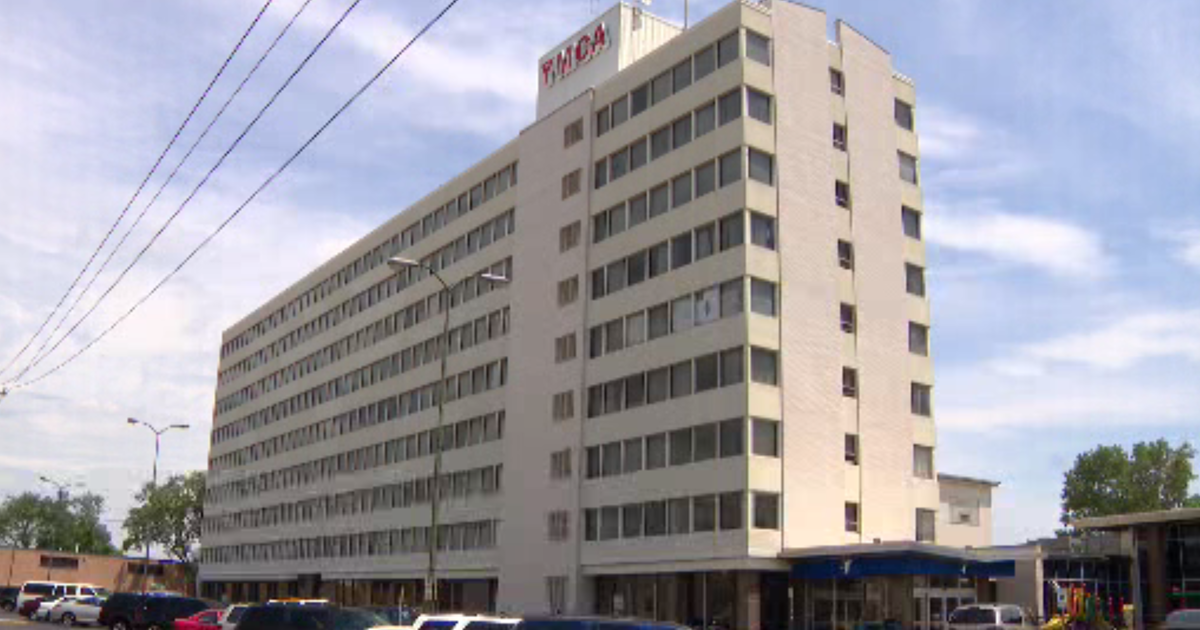Relief May Be In Store For Illinoisans Who Were Ordered To Pay Back Extra Unemployment Money, But Don't Jump For Joy Yet
CHICAGO (CBS) -- In a double hit to those out of work during the pandemic, the State of Illinois has told some of them to give back their unemployment money.
On Wednesday, there was possible relief. People may not need to give it back after all, thanks to a new federal relief bill.
But as CBS 2's Lauren Victory reported, people shouldn't be jumping for joy just yet.
The Illinois Department of Employment Security responded quickly to our questions about this subject Wednesday. But the actual answer for people with the overpayment problem could be weeks away.
"Very hopeful, very," said Heather Sherry.
"Christmas miracle," said Jocelyn Bates.
Along with Georgiann Krulewitch, Sherry and Bates own the HJG HairSalon in Buffalo Grove. They got emails from the Illinois Department of Employment Security saying they were overpaid and their payments back to the state were due by early January.
On Wednesday, they were pleased that their lingering unemployment issues might blow over.
Krulewitch said she was told she was overpaid $2,400 by the state, Sherry $4,900, and Bates $1,600.
CBS 2's Tim McNicholas first told you about those big bills for the hairstylists three weeks ago. The collector was the Illinois Department o Employment Security.
Maggie Nash got an overpayment notice too, telling her she received $14,352 extra in her unemployment checks.
"I didn't know what to do," Nash said. "I panicked!"
Nash was told she had to cough up that money by Jan. 5.
"I can't pay that back!" she said. "I used it for my mortgage, for bills."
Many who received Pandemic Unemployment Assistance, or PUA, are in the same boat.
But CBS 2 found a possible life raft – 771 pages into the federal relief bill passed this week. States are now allowed to cancel requests for repayment if it wasn't the recipient's fault.
The language on "Waiver Authority for Certain Overpayments of Pandemic Unemployment Assistance" is: In the case of individuals who have received amounts of pandemic unemployment assistance to which they were not entitled, the State shall require such individuals to repay the amounts of such pandemic unemployment assistance to the State agency, except that the State agency may waive such repayment if it determines that --
"A) the payment of such pandemic unemployment assistance was without fault on the part of any such individual; and
"B) such repayment would be contrary to equity and good conscience."
"It would just take the weight of the world off our shoulders," Krulewitch said.
Unfortunately, it's not that simple. Illinois needs to wait for guidance from the U.S. Department of Labor, IDES spokeswoman Rebecca Cisco told us:
"Nationwide, states' unemployment agencies understand the financial burden PUA overpayment notices and repayments have had on claimants during this incredibly difficult time. While there is language in the new federal stimulus law that allows states to waive certain PUA overpayments, how that new federal law should be applied is unclear and contingent on USDOL issuing guidance to unemployment agencies. USDOL has indicated that guidance of this type could take days or weeks to materialize. IDES is monitoring this situation closely."
But what if the feds turn around and say the states should figure out the waiver? Illinois state Rep. Lindsey LaPointe said this in November: "If it's the state that makes the mistake, it's the state that has to remedy that."
She still believes that, telling us now that her Illinois bill to fix the problem is ready to go if needed. But all that could take week or months.
And Nash only has six days to pay up.
"What does that mean for us?" she said.
We asked IDES what people with looming deadlines should do while waiting on the waiver decision. Cisco said they should stay the course:
"Until USDOL provides guidance for states on how the new law effects the overpayments states have been obligated to collect, claimants should continue to follow the current course of action. IDES will communicate federal changes to claimants through social media and the Department's website."
Some people might wonder how the recipients in our reports did not realize they were being overpaid. In all the cases from this story, unemployment benefits came months after their application, and in a lump sum.
With stimulus checks and talk of back pay, the women all said they didn't second-guess that their own government had paid them the proper amount.
Also From CBS Chicago:



